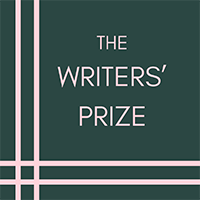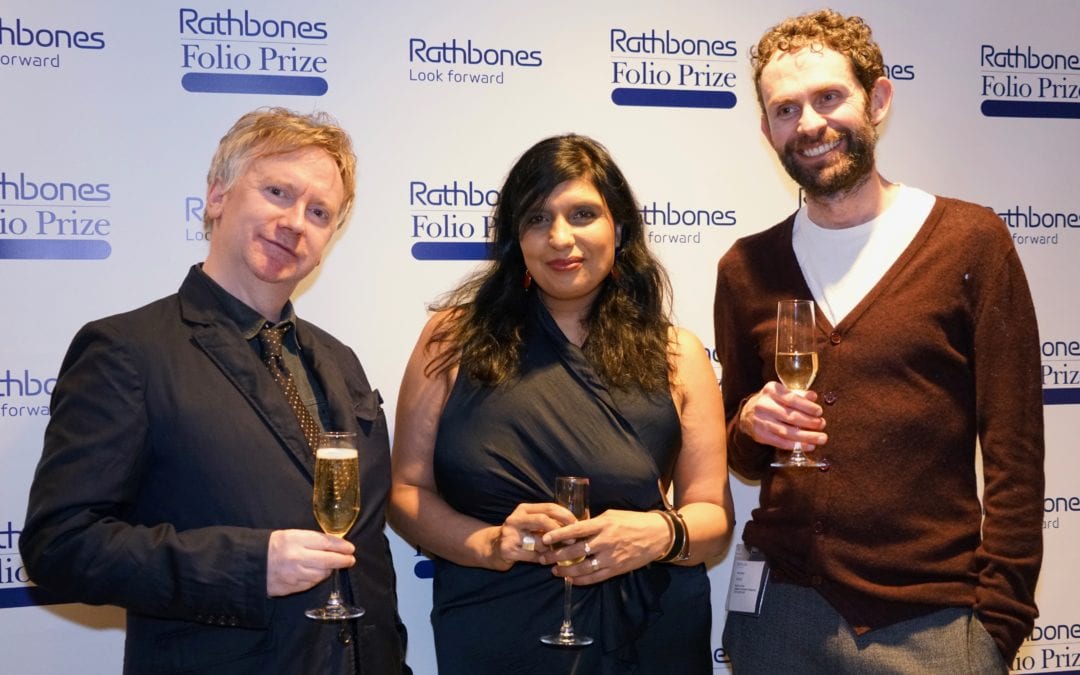Last year, when I was invited to be Chair of the Rathbones Folio Prize, my first duty was to offer a few words for a press release. I heard myself saying something about how judging through the autumn and winter would lead to an emerging, sometime around the spring equinox, into the lengthening daylight with a winner. Things haven’t quite worked out like that. You’ll have to imagine there’s a party—a podium, flutes of house prosecco, the din of assembled guests and the speeches (except this one)—because the room in the British Library where the Rathbones Folio Prizewinner for 2019 would have been announced this evening is currently dark, along with theatres, galleries, cinemas and stadiums everywhere.
Over this past autumn and winter, my fellow judges Nikita Lalwani and Ross Raisin have joined me in reading eighty books selected by the Folio Academy of writers. The Rathbones Folio Prize is borderless, in the sense that it can admit all forms of prose fiction, together with non-fiction and poetry, and indeed writing that plies its trade between these categories. Daunting, for sure, but we were also given a full-on encounter with today’s wider literary landscape. An old friend of mine used to say he could credit a poem on a page with having a mind of its own. If good books are an encounter with a living intelligence and imagination, then for a few months our homes and our days were filled with voices. A multitude arrived at our doors by courier, in big boxes.
In thinning this chorus down to twenty, and then just eight, each of us experienced that sinking feeling when a favourite went overboard, joining the jetsam that didn’t quite make the cut. In arriving at a shortlist comprised of books we all—one way or another—ended up falling for, I’d like to thank the Folio Academicians for the brilliant longlist they originated, and everybody at Rathbones Folio for helping us along the way as we worked out our direction of travel, in particular Asima Qayyum, Minna Fry and Andrew Kidd. And I’d like to say a huge and heartfelt thank you to my colleagues Nikita and Ross, who have never been less than sharp and discerning and funny and wise. Our gatherings this winter to talk about nothing but books for a few hours over a drink already seem like idylls from a bygone age. In the unfolding social and economic crisis, the arts and culture will no doubt bear their share of the much larger brunt, but there is I hope still a cause for celebration tonight.
Our final meeting took place online, without so much as an elbow bump, but as we praised and debated our shortlisted titles, their commitment to language and the stories they tell, it felt like a great privilege to have helped draw readers’ attention to eight superb books that have excited and surprised and challenged us, that affirm the power and pleasure of reading. As daily life suddenly feels circumscribed and uncertain, and as I speak here in my back yard in Lancashire, I also think of how a novel, story or poem, now more than ever, can reassert its ability to transport and illuminate. In the end, the book we all agreed on as the winner of the Rathbones Folio Prize is a genuinely original and bravura performance of a novel: a road trip, a documentary, a portrait of a family and of the American borderlands, and a journey into the idea of home and belonging… None of which even begins to do justice to this singular, teeming, extraordinary work, which is Lost Children Archive by Valeria Luiselli.


Recent Comments